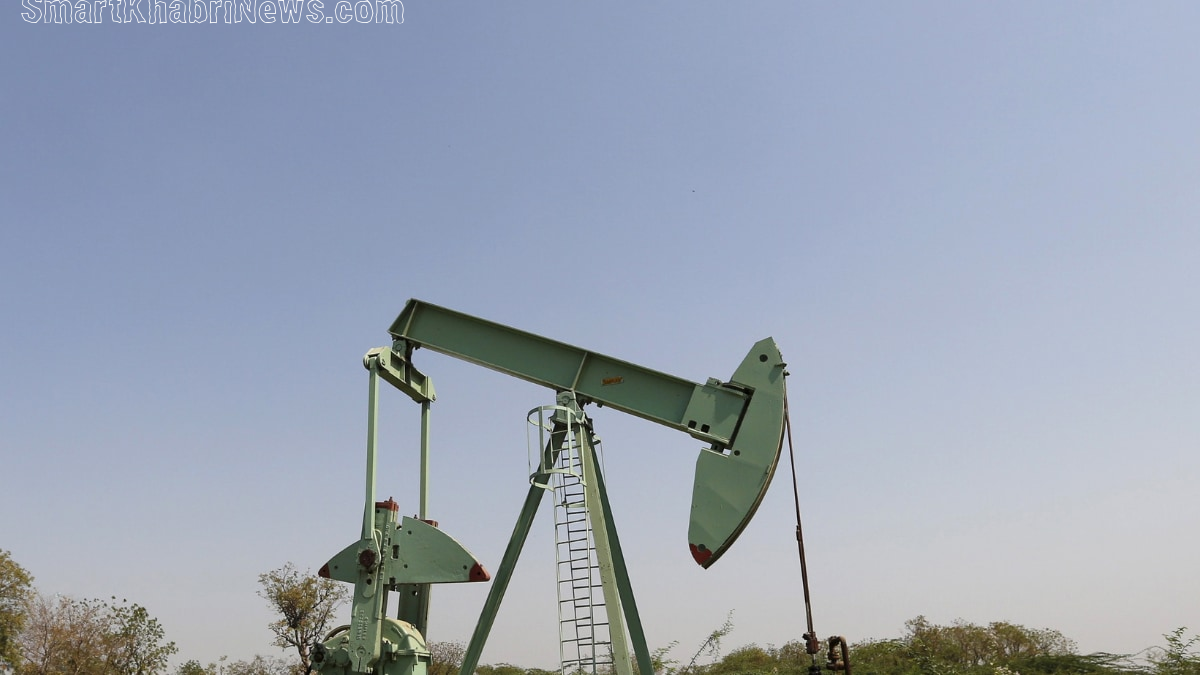The Indian government has announced a significant reduction in the special additional excise duty (SAED) or windfall tax on crude petroleum, lowering it to Rs 6,700 per tonne, starting from September 2. This decision comes after a series of adjustments in excise duties over the past few months, aiming to strike a balance between government revenue and consumer affordability.
Recent Changes in Windfall Tax
In the previous fortnightly review on August 14, the windfall tax rate on domestically produced crude oil stood at Rs 7,100 per tonne. This latest reduction represents a welcome relief for both consumers and the petroleum industry, as it may help stabilize fuel prices in the country.
In August, the government had raised the windfall tax on petroleum crude to Rs 7,100 per ton from the earlier rate of Rs 4,250 per ton. This substantial hike had put significant pressure on fuel prices, contributing to the rising cost of living for the average Indian citizen.
Changes in Duties on Diesel and Aviation Fuel
Additionally, the government has decided to increase the duty on the export of diesel from Rs 5.50 per litre to Rs 6 per litre, effective immediately. This move is expected to bolster government revenues while ensuring that domestic diesel prices remain relatively stable.
Another notable change is the doubling of the duty on jet fuel or Aviation Turbine Fuel (ATF) from Rs 2 per litre to Rs 4 per litre, starting on the upcoming Saturday. This decision reflects the government’s efforts to align ATF prices more closely with global market rates, as well as generate additional income.
Continued Exemption for Petrol
It’s important to note that the special additional excise duty (SAED) on petrol remains unchanged and continues to stand at nil. This decision ensures that petrol prices will not be affected by the recent tax adjustments, providing some stability for consumers who rely on this fuel for their vehicles.
Background on Windfall Profit Taxes
India first imposed windfall profit taxes on July 1, 2022. These taxes were initially targeted at crude oil producers, aiming to capture a share of their excess profits during periods of high global oil prices. The government extended these levies to exports of gasoline, diesel, and aviation fuel in response to private refiners’ attempts to maximize their profits by selling in overseas markets instead of the domestic market.
The government’s decision to reduce the windfall tax on crude petroleum is a testament to its responsiveness to the evolving economic conditions and the impact on the average Indian citizen. It seeks to strike a balance between government revenue requirements and the affordability of essential commodities like fuel for the general public.
As these changes take effect, consumers and the petroleum industry will closely monitor fuel prices to assess the impact of the reduced SAED on their budgets and operations.
For the latest updates on fuel prices and government policies, stay tuned to our news portal.
